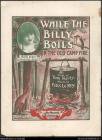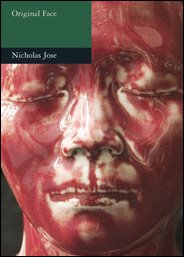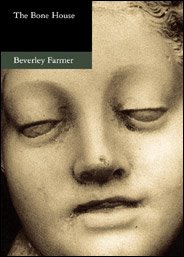
Distinguished historian, writer, public intellectual and survivor Inga Clendinnen has been awarded the biennial ASA Medal.
From Jeremy Fisher, Executive Director of the ASA: "The Australian Society of Authors, the principal advocate for the professional and artistic interests of Australian authors, has awarded Inga Clendinnen the 2005 ASA Medal.
The Hon Dr Meredith Burgmann, President of the Legislative Council of New South Wales, presented the Medal at a ceremony in the Jubilee Room of NSW Parliament House on 17 November 2005 from 5 pm to 7 pm.
The ASA Medal is presented biennially to recognise the achievements of authors (including illustrators) who have made a significant contribution to the Australian community or Australian public life.
Inga Clendinnen is an internationally recognised historian and writer whose work continues to surprise readers with its depth of knowledge and breadth of interests.
Inga first came to national attention as a teacher and researcher of the Aztec and Mayan cultures. Then, in 1990, Inga became desperately ill with a rare liver disease, and was expected to die. Unable to continue her research, Inga challenged herself to depart from her training as a historian to write the acclaimed personal narrative Tiger’s Eye (Text Publishing, 2000).
Also during this long illness, Inga went on to research and write Reading the Holocaust (Text Publishing, 1998), a book that effectively "cleared a space" for Holocaust discussion to be freshly and "impassionedly" taken up.
In 1999 Inga presented a survey of Aboriginal history for the 41st annual Boyer Lectures on ABC Radio National, and continues to speak compellingly about indigenous lives in Australia. These lectures were subsequently published as True Stories. Her book Dancing With Strangers (Text Publishing, 2003) investigates the relationship between the British and Indigenous Australians during the colony’s first five years.
Inga continues to write and to challenge readers' expectations, demonstrating extraordinary research skills, empathy for others and a dedication to the craft of writing."



